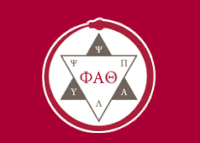Abstract
Language is fundamental in shaping our understanding of the world we live, and as such, studies of discourse are invaluable in providing insight into the worldviews of historical actors. Though much has been written on the depiction of colonized peoples and its Oriental undertones, little has been said about the discourse on a colony itself. In examining the French discourse on Algeria in the nineteenth century, it becomes clear that the French privileged Algeria as a rich and valuable resource for France even as they decried the “backwardness” of the people of Algeria. While ignoring its inhabitants completely or discussing the necessity of “civilizing” them, the discourse on the colony consistently privileged the land itself as an invaluable resource that needed to be put to use for the benefit of France. This discourse revealed not only the French government’s lack of a clear plan for Algeria but also the disparity between government officials and settlers and soldiers in the colony. Ultimately, the perceived value of Algeria juxtaposed with the lack of value accorded to its inhabitants played a key role in the Algerian war for independence, inspiring both sides to fight for their country.
Recommended Citation
Gulley, Paige
(2018)
"French Land, Algerian People: Nineteenth-Century French Discourse on Algeria and Its Consequences,"
Voces Novae: Vol. 10, Article 1.
Available at:
https://digitalcommons.chapman.edu/vocesnovae/vol10/iss1/1
Included in
African History Commons, European History Commons, Language Interpretation and Translation Commons, Other History Commons


